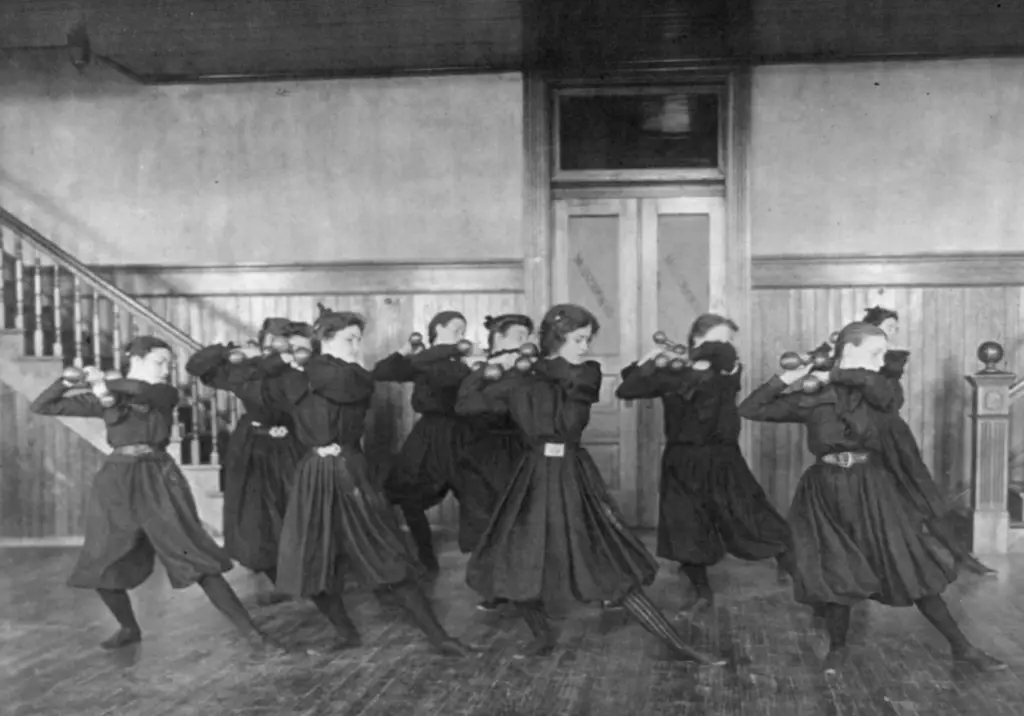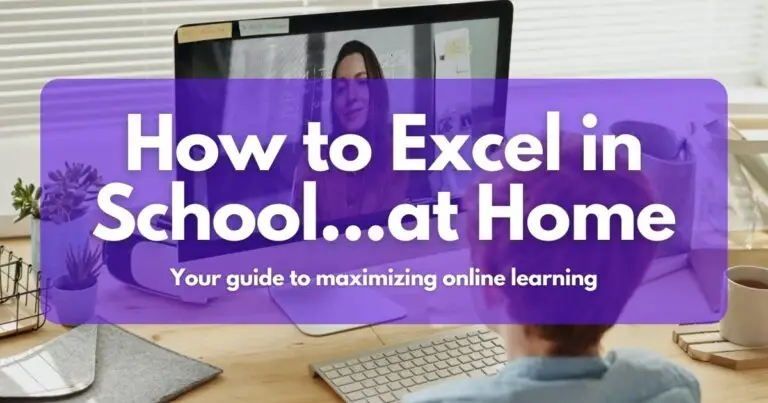A Student's Guide to Learning at Home
Distance learning is tough. Your social life is disrupted. Your parents are driving you nuts. Your teachers aren’t very good at online teaching (yet). What can you do to stay sane and keep learning at home?
We’re here to help! We’ve put together this simple guide to surviving at home.
Keep Learning!
This is not the time to slack off, for a variety of reasons. First and foremost, you don’t want to get out of the habit of learning, especially with summer break not too many weeks off.
You’ve worked so hard to get this far, don’t collapse into a mushy pile of TikTok, YouTube, or video games.
Maintain the Brain! Brain drain in periods of inactivity is real, so don’t lose your momentum.

- Schedule your day, every day. Stick to the schedule!
- You likely have a fixed online school schedule by now, but you need to schedule the rest of your day as well.
- Book specific times for study, mental breaks, exercise, snacks and downtime.
- Claim your turf! Set up a dedicated learning space. Use it only for learning.
- Treat this space as your learning sanctuary.
- Limit distractions. You know what we mean. Don’t pretend you don’t.
- Focus on the task at hand, not Instagram.
- Keep your space as clear as possible. Just you, your notebook, a pencil and your lucky bobblehead.
- Get the tools you need.
- For online classes, you likely have everything you need, but for tutorials, it is really helpful to have a graphics tablet, a document camera, or an iPad with an Apple Pencil so you can share your work with your tutor in real time.
- Use the tools you have.
- Window sharing, Google Docs and online whiteboards are only useful if you use them.
- Have paper, pencil, textbooks and notes handy.
- Do not do this on your own! You’re not an island. Use your learning community.
- Your teachers, parents, classmates and tutors are here to help.
Keep In Touch!
Don’t be a hermit!
Maintaining relationships is an important step to keep you moving forward healthfully, academically, and intellectually.

- Connect with your teachers.
- Send messages, emails, texts, or carrier pigeons when you have questions or comments.
- Figure out your teacher’s preferred communication method and use that.
- Ask at least two content based question per week during class or “office hours”. If no office hours, make your own by regularly touching base.
- Send messages, emails, texts, or carrier pigeons when you have questions or comments.
- Connect with your tutor. Together we can:
- Stay on top of new material and work ahead in virtually any subject.
- Supplement your learning when your teachers aren’t up to speed with online teaching.
- Adapt to use a variety of online tools more effectively in one-on-one sessions than your teachers can for an entire class.
- Connect with your friends.
- Maintain your social life—text, call, and video conference with your friends daily.
- Book time for a group video chat.
- Share ideas for what to do. Play online games together. Share a screen so you’re looking at the same funny video.
Keep Mentally Healthy!
We can all use a little mental health boost while we’re cooped up at home.
- Create…something. Use whatever you have. Build, craft, draw…
- Book specific time to relax and de-stress.
- Curl up with a good book. Share recommendations with friends.
- Listen to some good music.
- Meditate. It really does help to sit, breath, and be present.
Keep Physically Healthy
When walking to class means stepping into the next room, we all need to find ways to get our bodies moving.
- Find a way to exercise for at least 30 minutes every day.
- Yoga, body-weight resistance, indoor cardio, walking, biking or jogging (if it is still determined safe to do so).
- There are lots of apps and YouTube videos for all levels of exercise.
- Do a workout virtually with a friend or a whole gang.

Fill Your Free Time With Activities
Downtime is great, but it doesn’t have to mean doing nothing. Recharge your batteries while keeping active.
- Learn something new.
- Practice a new language, take up the piano, learn your favorite song on guitar, cook a new meal for your family, bake some goodies, take up gardening or knitting, make some jam, learn to program…the options are virtually endless.
- Learn 3 new vocab words a day.
- There is a free online class or video for almost anything you might want to learn.
- Write a letter, by hand, to a friend or relative.
- There is something magical about putting pen to paper and communicating.
- Keep a daily journal.
- Write openly and honestly. Explore your own thoughts.
- Especially in trying times like these, it is really valuable to have an outlet for your feelings and anxieties.
- Share or keep private. Use a private journal or create a password protected file to keep out prying eyes.
- Doodle.
- Write a poem. Read a poem.
- More coronavirus spoofs anyone?
- Talk to your parents.
- Wait, what?! Yes, really! You’re all stuck at home together.
- Take the time to have a real conversation…about anything.
- Organize your room.
- It can be very satisfying to find a new, efficient place for everything.
- Create an “I’m Bored” list…things to do when you get bored.
- Get your friends to help, so you all have some go-to activities when there is “nothing to do”.
- Take a virtual trip online.
- Visit a museum (or two hundred,) distant cities, or the Grand Canyon. There are lots of great virtual tours and live cams online.
- Practice your existing skills.
- Play music, shoot some hoops, post a video. Whatever it is you do, find a way to keep doing it as best you can at home.





